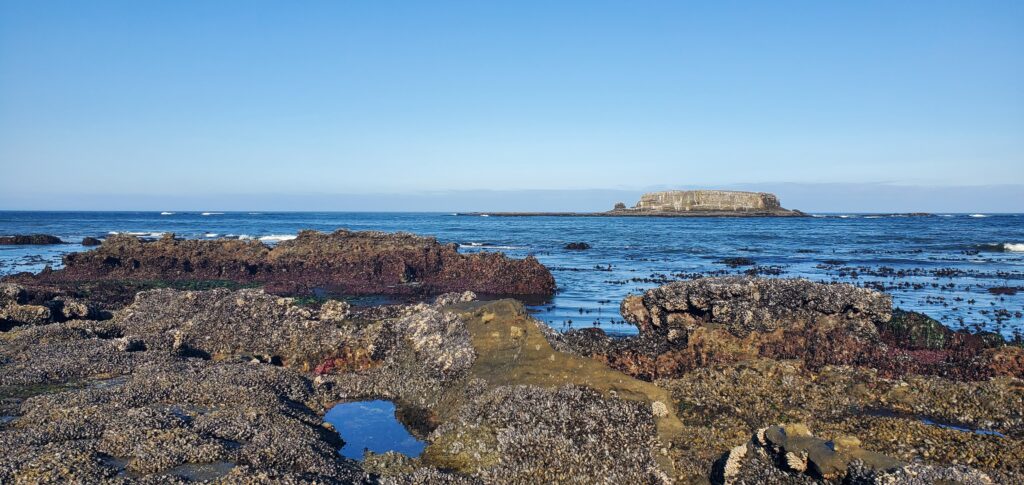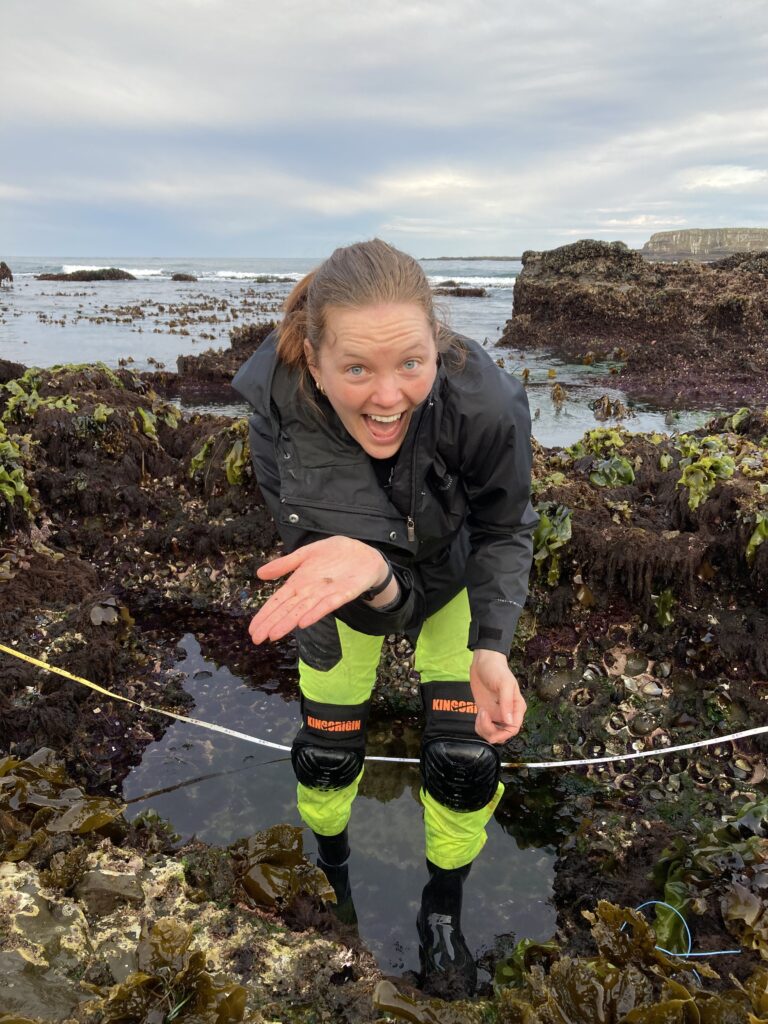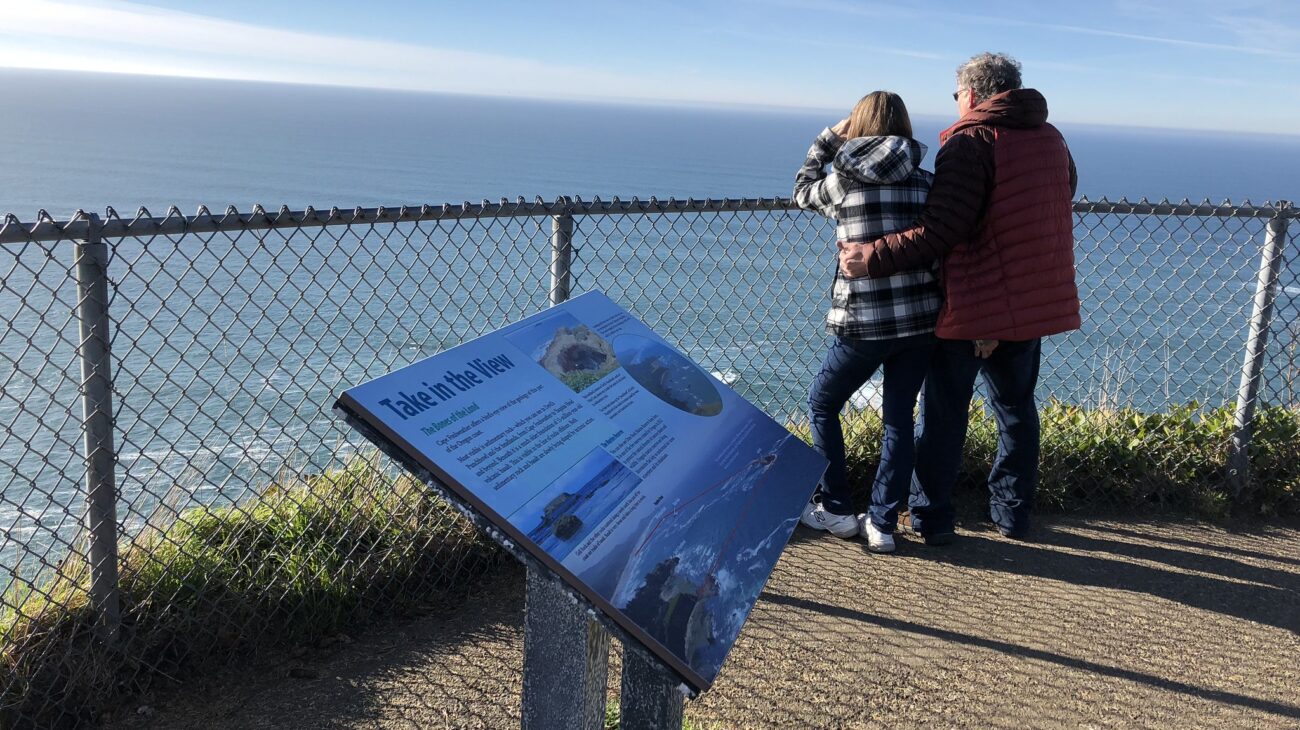The Marine Reserves Program will take part in a groundbreaking new study designed to estimate how Oregonians assign value to the reserves beyond traditional economic impacts, referred to as “non-market values”. The study’s results will reflect a metric similar to a “National Happiness Index,” which are measures of the collective happiness and well-being of a country’s population.

Conducted by faculty at Utah State and Oregon State universities, the subjective well-being study is a continuation of an earlier project considering “non-market values” of the marine reserves. It will quantify concepts of awareness and knowledge about Oregon’s marine reserves.
In the survey, participants will be asked a series of questions designed to investigate how different scenarios impact well-being. Perceived changes to subjective well-being could help researchers understand how participant responses relate to non-market values. These non-market values supplement traditional economic values like tourism dollars, income from research contracts with commercial fishing captains and other impacts to coastal communities.

The study will begin in the next two weeks with an online survey sent to a cross-section of Oregonians who have previously agreed to participate. The first round of questions will be used to help finalize the questions for the upcoming main survey, which is expected in late Summer or Fall.
